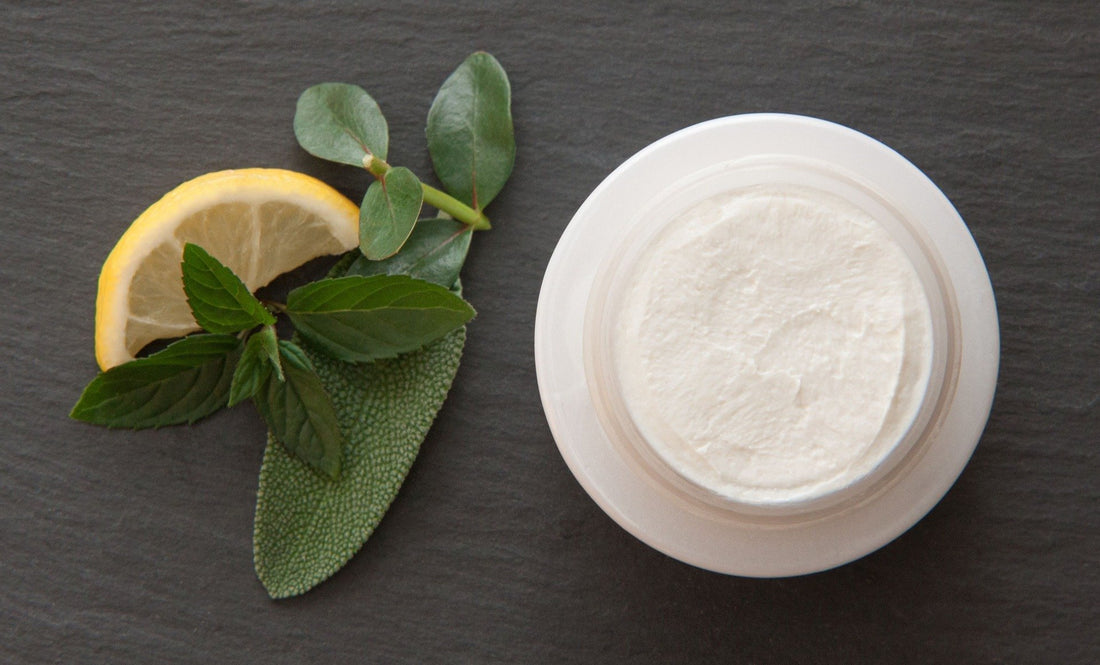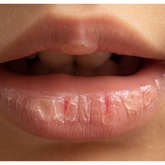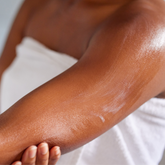
How to Find a Black Dermatologist

Your child’s skin is the biggest organ on their body, and it must be properly cared for and nourished to stay healthy. However, darker skin tones do require different care, like specialized melanin-rich skin nourishment creams or treatments.
If your child starts experiencing skin issues, they may benefit from seeing a dermatologist. Unfortunately for patients of color, many dermatologists in the US lack the knowledge to properly treat black skin. Your dermatologist must know how conditions appear on melanated skin and how to best care for your child’s darker skin tone.
You may find the best quality of care from doctors who have melanin-rich skin themselves and understand your medical needs. A black dermatologist has first-hand experience in how conditions present and which are the most common.
What Does a Dermatologist Do?
Board-certified dermatologists are doctors who care for your skin and treat conditions like acne and hyperpigmentation. A dermatologist also treats symptoms of hair loss and performs skin cancer screenings. Currently, only 3% of dermatologists in the US are black.
Why is this a problem? Just as in the beauty industry, the medical field lacks proper representation and services for patients with dark skin. Skin conditions can appear differently on melanin-rich skin than doctors are traditionally trained to identify.
47% of dermatologists believe their medical training to detect skin conditions in black people was inadequate. If doctors aren’t aware of what to look for, they could miss a diagnosis, and your child could suffer needlessly. You need the properskincare for melanin-rich children like yours.
Common Conditions Dermatologists Treat
Some skin conditions are more prevalent among people of color. Others are harder to detect because of the black hues in melanin-rich skin. These include conditions like:
-
Acne Keloidalis Nuchae
Acne Keloidalis Nuchae (AKN) is more common in darker skin types and those with tightly coiled hair. It is a type of scarring alopecia that appears as small bumps along the hairline and nape of the neck. Be diligent in applying your moisture and hydration créme around your hairline to avoid triggering AKN.
-
Eczema
This is a chronic skin condition that disproportionately affects African Americans. It appears as dark purple or brown patches on the skin and may feel scaly or dry. Treatment for your child’s eczema includes moisturizers and treatments with natural skincare for children.
-
Skin Cancer
People with darker skin tones are less likely to develop skin cancer than non-Hispanic white people. However, African Americans who develop skin cancer are more likely to get diagnosed at a later stage. Later-stage cancers are harder to treat and have fewer positive outcomes.
It’s crucial to find a dermatologist with in-depth knowledge of the skin conditions and increased risks associated with your melanated skin.

How to Find a Black Dermatologist
Luckily there are many resources available to help you find a black dermatologist for your child.
-
Search Your Insurance Network
First, look for a dermatologist through your child’s insurance network. Your insurance company’s online directory will list doctors near your location. You can search by specialty and find the dermatologists closest to you. All the doctors in your insurance company’s directory work with your health insurance.
-
Ask for a Referral
You can also ask your child’s primary care doctor for a recommendation. The pediatrician or primary care doctor may know black dermatologists in the area. Doctors network with each other and are happy to refer new patients to one another.
-
Look Through Online Directories
You can also find black dermatologists by searching directories online. The American Academy of Dermatology allows you to search for members by location or doctor’s name. It’s a good resource for researching any dermatologist your doctor recommends. The directory can help you search for specializations within dermatology like pigmentation or acne.
Other websites like Skin of Color Society (SOCS) and HUED allow you to search for doctors by state, insurance provider, and specialty. You can find dermatologists that offer in-person and virtual appointments.
-
Read Patient Reviews
Make sure you look for reviews online for any dermatologist you find. See if other patients think the doctor understands the issues prevalent among darker skin tones and provides adequate skincare for melanin-rich skin. Ensure your health insurance covers the doctor you choose, and they offer any specialized treatment your child needs.
When to See a Dermatologist
If your child is experiencing problems with their skin, it’s essential to seek advice from a dermatologist as soon as possible. You need to find an expert in diagnosing and treating melanated skin to improve your child’s confidence and quality of life. Use online directories to find a black dermatologist near you or ask for a referral from your family doctor: research and read patient reviews to help you find the right dermatologist for your child.





